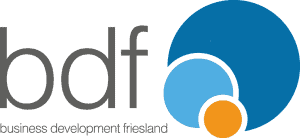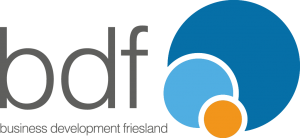Deposit is a project funded via the European Horizon 2020 program. Within Deposit 6 partners from 6 EU countries are working together to develop a new innovation audit tool especially for small businesses. This new tool should show changes in society and todays world to help entrepeneurs to channel their management skills and to be able to cope with these changes.
Participate? That is possible!
To test the tool there has been made a Randomized Control Trial Study (RCT). We want to ask you to take part in this test, to enable us to proof the positive results for small businesses based on scientific evidence of the new audit tool approach. If you participate, an innovation audit will be performed. For registration click here.
You can find more information about the test by clicking this link.


